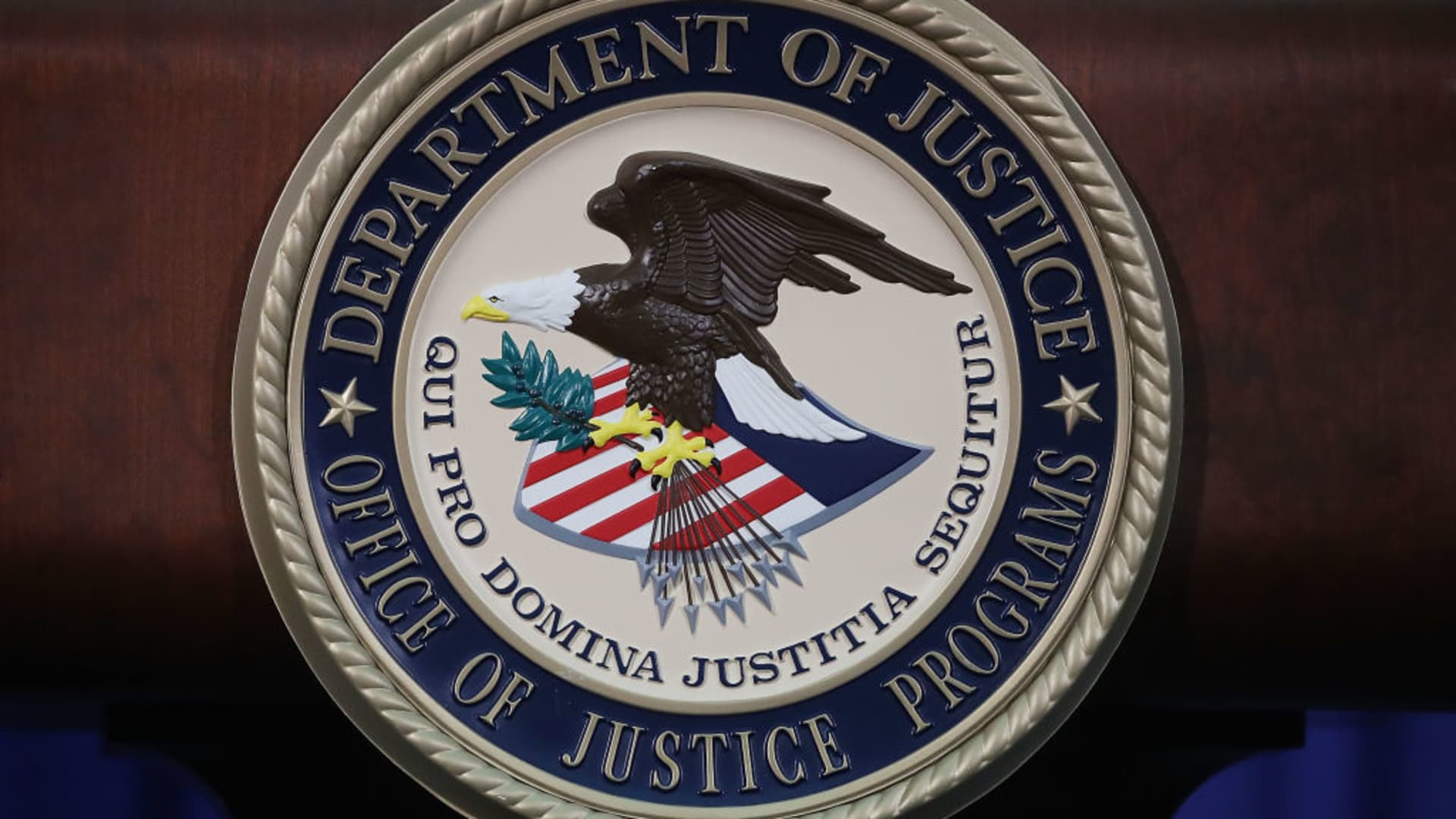Crypto Crackdown Collapses: DOJ Dismantles Specialized Enforcement Team

In a significant shift of investigative priorities, the Department of Justice (DOJ) is restructuring its approach to cryptocurrency enforcement. The agency has decided to disband its specialized National Cryptocurrency Enforcement Team, redirecting prosecutors' focus toward more critical national security investigations targeting cartels and terrorist organizations.
This strategic realignment signals a potential change in how the federal government approaches digital currency-related crimes. Instead of maintaining a dedicated cryptocurrency enforcement unit, prosecutors will now integrate cryptocurrency investigations into broader criminal investigations, particularly those involving serious transnational threats.
The move suggests a recalibration of resources, prioritizing cases with more immediate national security implications over purely financial digital currency infractions. By concentrating on cartels and terrorist groups, the DOJ aims to leverage cryptocurrency tracking capabilities within more comprehensive criminal investigations.
While the dissolution of the specialized team might raise questions about the government's commitment to cryptocurrency regulation, officials maintain that the expertise developed will be strategically distributed across different investigative units, ensuring continued vigilance in monitoring digital financial activities.
